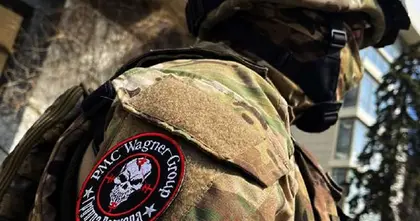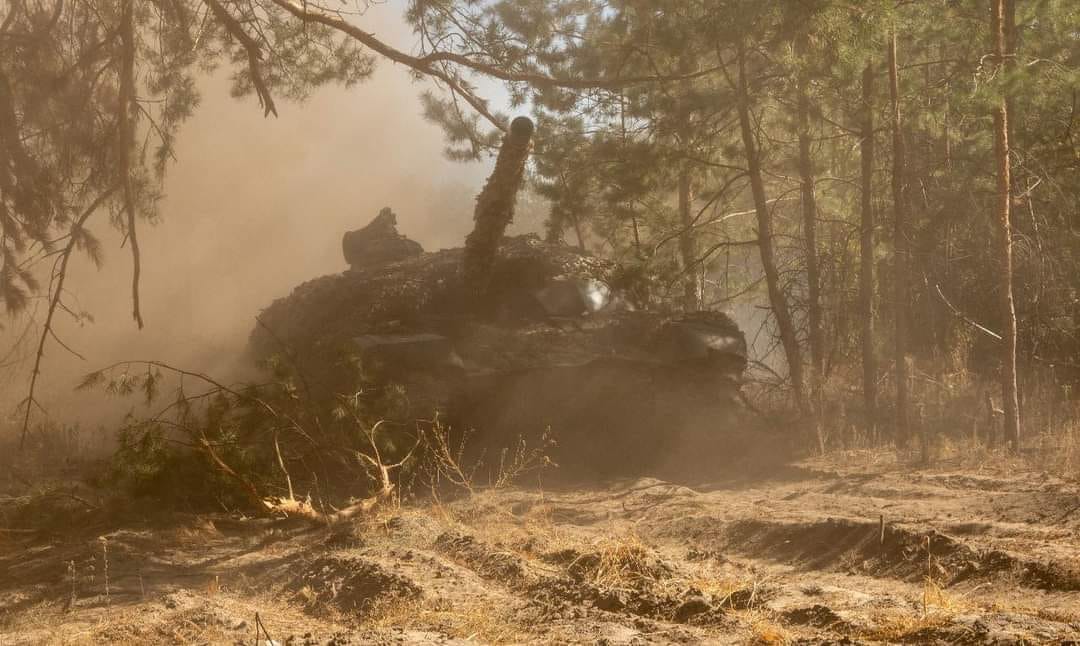The Kazakh service of Radio Free Europe/Radio Liberty reported on Tuesday that 34-year-old Alexei Shompolov, a citizen of Kazakhstan was sentenced to six years and eight months in prison on Nov. 15 after enlisting with the Wagner private military company (PMC) and fighting in Russia’s war against Ukraine by the Qaraghandy regional court, in central Kazakhstan.
The man was arrested on returning home after being wounded fighting for the PMC and charged with “mercenaryism” as well as with “committing a serious criminal offense against the peace and security of mankind… [and actions] aimed at changing the territorial integrity and constitutional structure of a state.”
JOIN US ON TELEGRAM
Follow our coverage of the war on the @Kyivpost_official.
Shompolov pleaded guilty to the charges but said he had accepted the offer from Wagner as he was desperate for money. He said that he had seen the advertisement offering a monthly salary of TENGE 1.2 million ($2,700) on VKontakte (Russia’s Facebook equivalent). In March he travelled to Russia where he underwent military training before being sent to join Wagner in Bakhmut in May. It was here that he was wounded, hospitalized and eventually discharged with a payment equivalent to one month’s salary.
Article 170 of Kazakhstan’s Penal Code forbids the “enlisting, training, financing or providing other material support to mercenary activities,” and participating in any “armed conflict, military action or other violent act intended to overthrow or subvert the constitutional order or violation of territorial integrity of the state.”

Rare North Korean Long-Range Cannon Spotted Heading West in Russia
The code specifies the sentence of mercenaryism “shall be by deprivation of liberty for a term of seven to twelve years and confiscation of property.” Having pleaded guilty, his sentence was reduced below the normal level but his payment from Wagner was confiscated as “illegal earnings.”
While Astana, like many former-Soviet Central Asian republics, has close economic and political ties with Moscow, it has resisted the Kremlin’s calls to endorse Moscow’s invasion or its annexation of Ukrainian territory.
Russia has recruited over 100,000 migrants from Central Asia to work in construction in the temporarily occupied territories of Ukraine to replace those who have fled or otherwise left.
In June, President Vladimir Putin signed a decree offering these and others working in mainland Russia citizenship if they “… sign a contract to serve in the Russian Armed Forces... for at least one year and take part in military operations for at least six months.” The offer would also apply to the spouses, children and parents of those who sign a contract.
Kazakhstan along with Uzbekistan, Tajikistan, and Kyrgyzstan responded by urging their citizens not to join foreign armies. Online job postings offered signing-on fees of RUB 495,000 ($5,000) and a monthly salary of RUB 190,000 ($2,000). The attraction of such high salaries and living conditions from those who often come from extreme poverty may be hard for some to resist.
However, there are indications that news coming out about Russia’s high casualty rates in the war in Ukraine, especially among those from its eastern Republics, has stemmed the anticipated flood of volunteers.
In September, reports began to appear on Telegram and other local media that hundreds of, mainly Central Asian, migrant workers were being rounded up in a wave of police raids that were handing out military summons or forcibly taking them to military enlistment offices.
You can also highlight the text and press Ctrl + Enter






